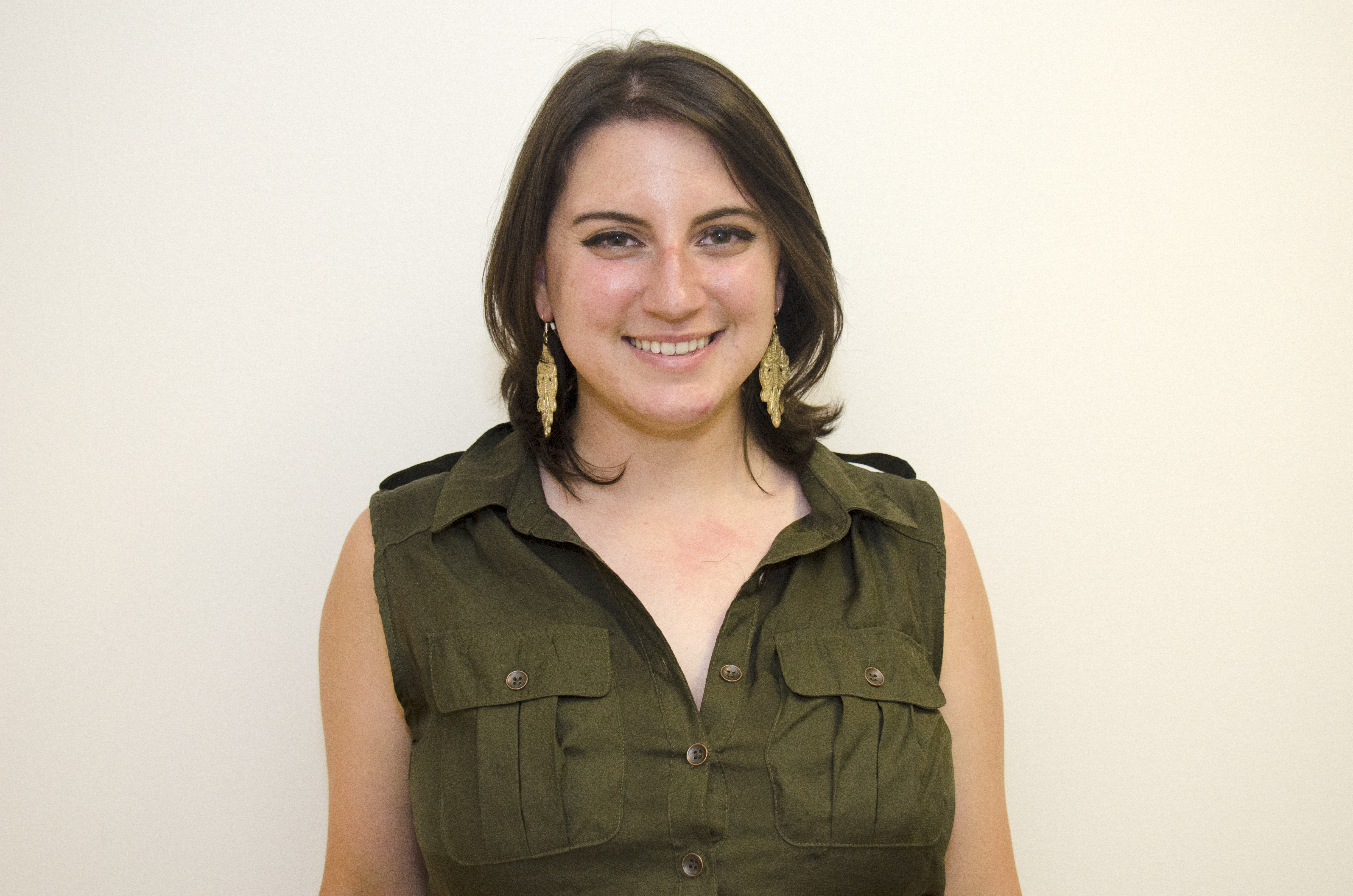
 I’ve been a German Studies minor all four years of college and I somehow managed to put off studying the Holocaust until the very end. Over the past year, I’ve been studying it in-depth and have found myself emotionally drained more often than normal. To be honest, I’m not sure how people can make a living studying it.
I’ve been a German Studies minor all four years of college and I somehow managed to put off studying the Holocaust until the very end. Over the past year, I’ve been studying it in-depth and have found myself emotionally drained more often than normal. To be honest, I’m not sure how people can make a living studying it.
Over spring break I had an to write an essay on how Nazis came to power and I knew the only thing that would keep me sane (or at least not angry or depressed) was if I could find something funny to offset Hitler’s rise to power.
I’ve been a fan of David Sedaris since high school, and I’ve been anxious to read his newest collection of essays, “Let’s Explore Diabetes With Owls” since the summer. Though it may not be as good as his early works, it’s still certainly worth your time.
I will mention here that if you read The New Yorker on a regular basis, you may be better off not purchasing the book; just about half of the essays in “Owls” have already been published by the weekly magazine. But even still, they’re the kind of essays that are worth the extra read or two or maybe several, because the David Sedaris behind “Owls” isn’t really the same Sedaris who wrote “Dress Your Family in Corduroy and Denim” or “Me Talk Pretty One Day (my personal favorite of his, in case you were interested).”
“Owls” is a mix of personal essays and short, fictional monologues that range from a passive-aggressive email between sisters to one homophobe’s murder rampage. They aren’t as good as the personal essays and they’re my biggest issue with the book, but they’re worth a few laughs. You can still hear Sedaris’ voice in there, and it’s refreshing to see something far removed from his usual work.
What’s great about “Owls” is that, for the most part, it’s quick. Essays like “Attaboy” and “Dentists Without Borders” are very fast reads, maybe the fastest he’s done. They’re both funny and enjoyable, but you wish they were longer, especially “Dentists;” he could have said much more about perceptions on healthcare in America vs. abroad. He isn’t a politician or a healthcare expert, but what he has to say is still worthwhile.
And that’s where the problem with the book lies; essays that should be longer are shorter, while the longer essays drag on forever. I’d argue that, out of all of his books, this is the one that’s most like an endurance test.
With that being said, this is a great book if you’re just about to graduate from college or just feeling stagnant in your life in general. “Owls” may not be my favorite of his books, but his essay “Standing Still” is one of my favorites of his. When you’re about to graduate from school and you see what seems to be everyone around you jumping to the next page of their life, it’s all too easy to fall into the black hole of feeling stuck and less impressive than those around you. Call it schadenfreude, but it’s nice (and extremely important) to see someone as successful as Sedaris struggle with these feelings as well.
So pick it up. Even if you find you hate it, you won’t leave it feeling that it wasted too much of your time.
